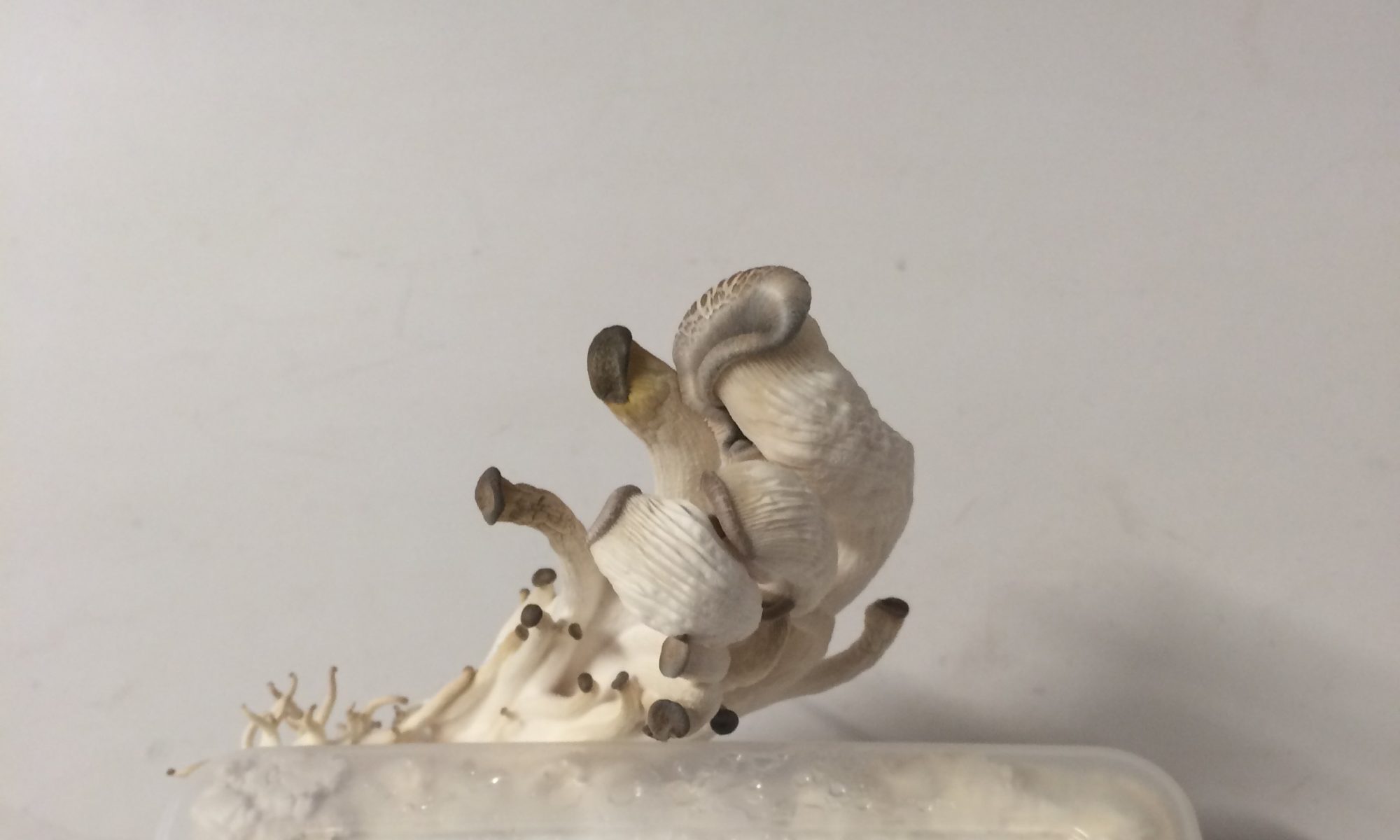Posted yesterday in the New York Times’ Dot Earth blog was a short piece (and a videotaped talk) on Daniel Hillel winning the World Food Prize for his low impact irrigation techniques. What strikes me is a scientist espousing generalist tactics – am happy to witness a time in which all sorts of practitioners are moving towards interdisciplinarity.
We organized our universities by dividing the disciplines into departments and these departments didn’t much interact with one another — as if it is possible to divide the world into discrete units. Everything is interlinked. And we have come belatedly to realize as environmental scientists how interdependent all of these facets of knowledge must be.
In the olden world we would divide scientists between specialists and generalists. Those who were the specialists studied more and more about less and less until ultimately they would know everything about nothing.
And the generalists studied less and less about more and more until presumably they would know nothing about everything.
And what is the answer? The answer is we must study more and more about more and more.
And to do so, because we are limited, each of us, in our ability to know, we have to associate. We have to cooperate. We have to reconstitute our research institutes and our educational modes and curricula so as to be able to cooperate — internationally, interdisciplinarily.
